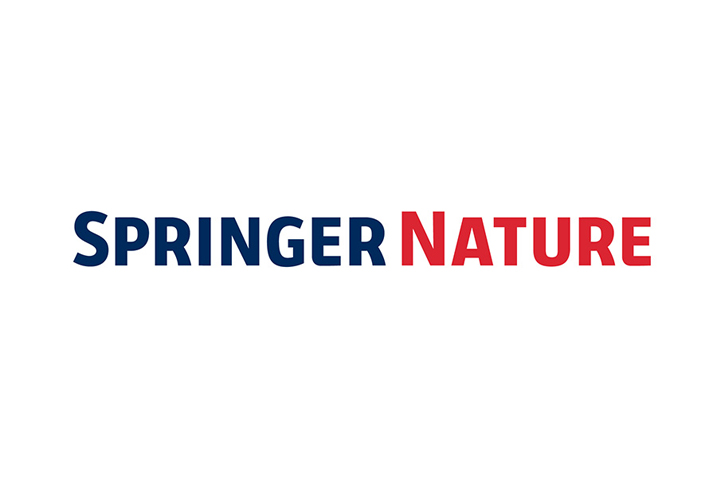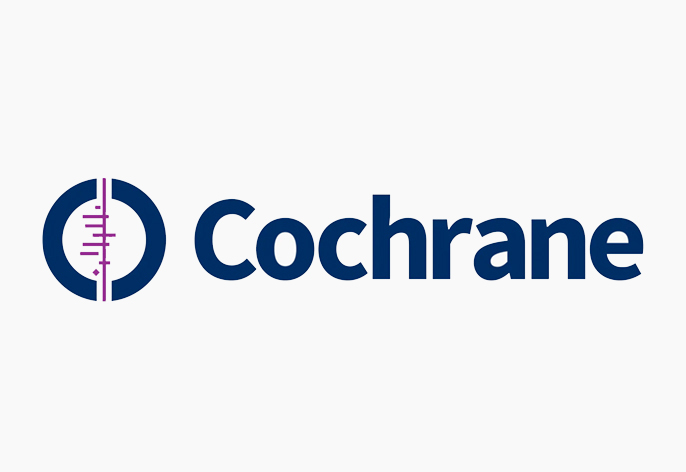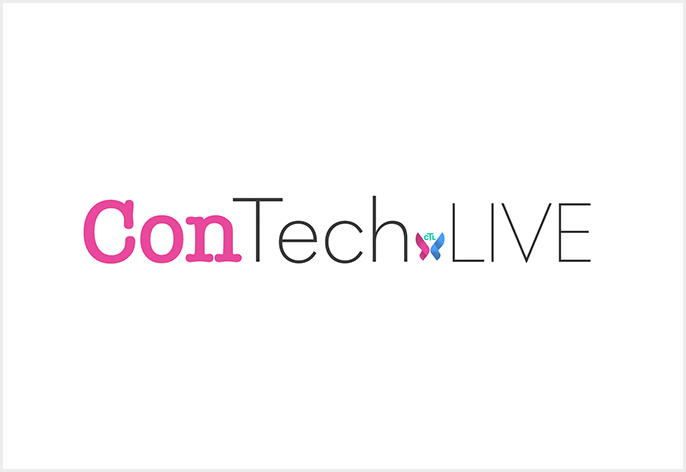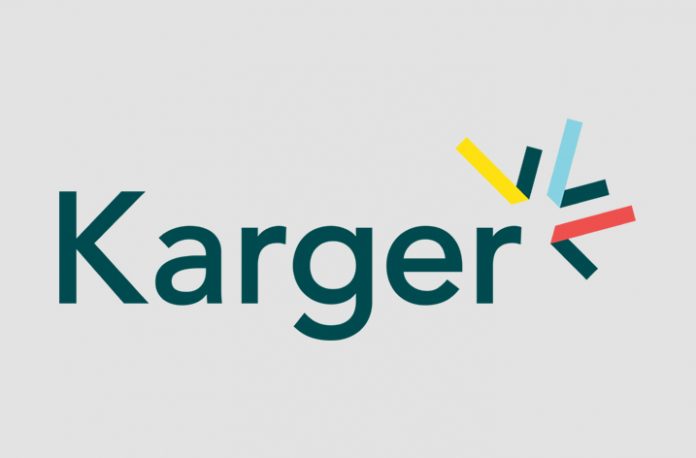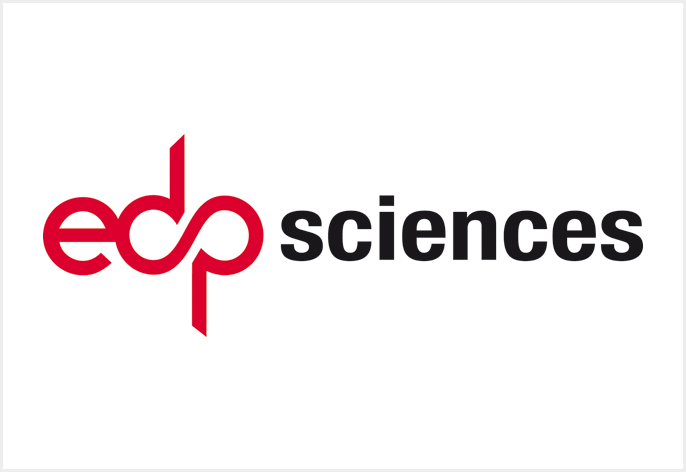Cochrane is delighted to announce the availability of RevMan Web, its popular, web-based systematic-review production software, to the wider academic community beyond Cochrane – to support evidence synthesis development and evidence-based medicine education. Cochrane expects interest in use of the tool from those in universities and medical schools, and many other research sectors.
RevMan Web facilitates the creation of meta-analyses, forest plots, risk-of-bias tables, and other systematic review elements. It is acknowledged to be easy-to-use – and is also widely used in learning or training about systematic review production.
Cochrane is making RevMan Web available for use by institutions or individuals for their own systematic review development work. The product is presented on a Software-as-a-Service basis: Cochrane offers a hosted service, comprising the software and cloud storage of all review data uploaded.
Laura Ingle, Cochrane’s Director of Publishing and Technology, says this is a hugely positive step forward: “Cochrane’s investment and development of RevMan Web has allowed the preparing and maintaining of Cochrane Reviews to reach our high standards and methodologies – making Cochrane reviews the gold standard in health evidence. Cochrane is committed to making RevMan Web the platform of choice for all systematic review production, and now we are enabling access to RevMan Web for the wider review community at a reasonable and affordable cost.
“In addition to reviews of studies of the effects of healthcare interventions, you can use RevMan Web to write reviews that synthesize qualitative evidence, reviews of prognosis studies, reviews of studies of methodology, diagnostic test accuracy reviews, and overviews of reviews. RevMan Web is easy to use, is a safe and central place to manage all reviews, and allows collaboration across people to work on the same project. With its included learning and training materials, it also makes it a great training tool for teaching systematic review techniques.
“Cochrane authors have been using RevMan for 5 years and we are excited to offer this systematic review and meta-analysis software to individual researchers, those working on reviews together, and to those looking for licences for their university. It’s a great tool for those generating one-off meta-analyses and forest plots or conducting their own systematic reviews.”





